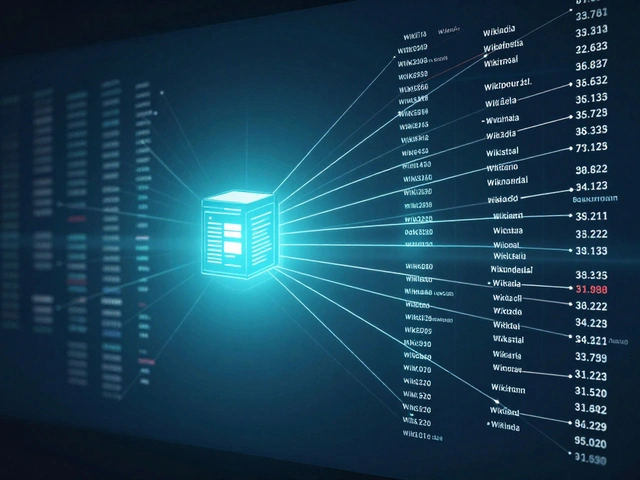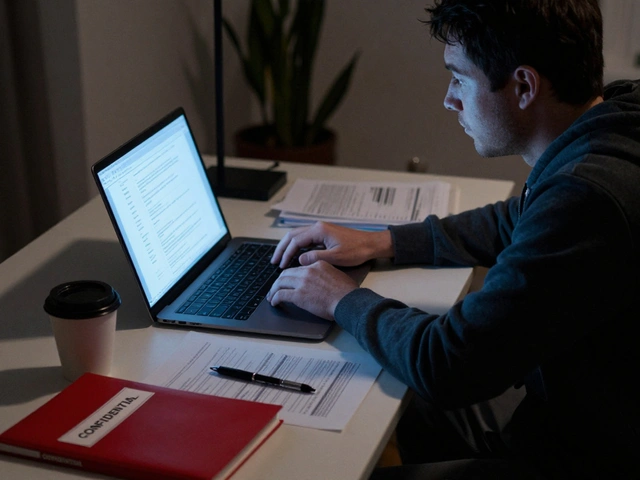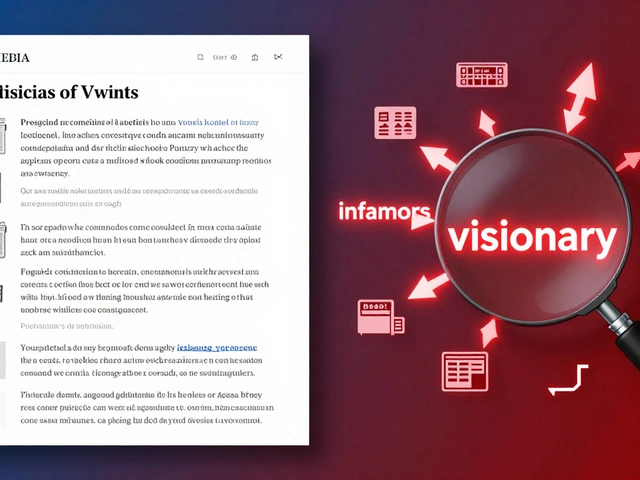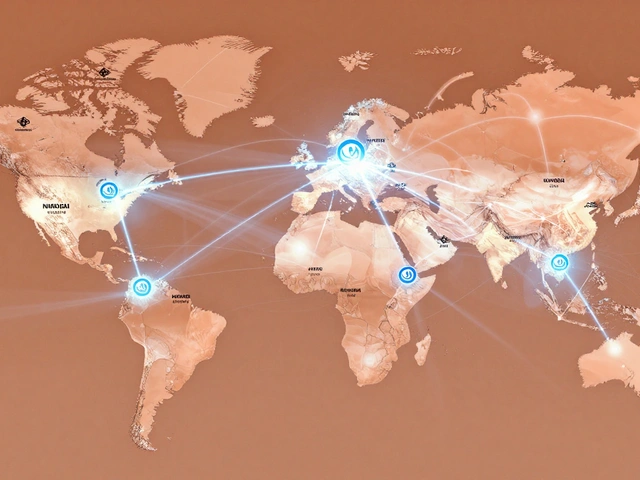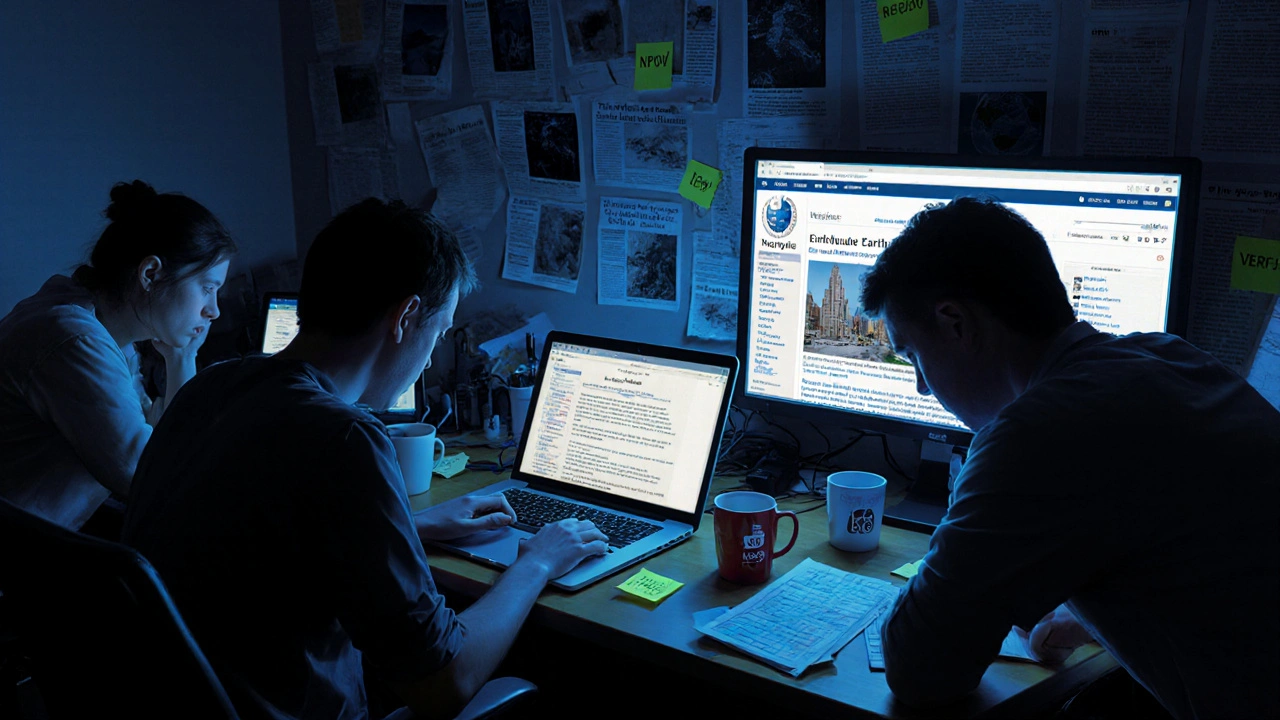
Wikipedia’s Current Events portal doesn’t just pull headlines from news sites and paste them online. It’s a carefully managed system run by volunteers who follow strict rules to decide what makes the cut. If you’ve ever wondered why some big news stories appear on Wikipedia while others don’t - even when they’re trending everywhere else - it’s not about popularity. It’s about significance, verifiability, and neutrality.
What Counts as a "Current Event"?
Not every breaking story belongs on the Current Events portal. A fire in a small town might make local news, but unless it meets specific criteria, it won’t show up here. The portal focuses on events that have wide-reaching impact, are well-documented by reliable sources, and are likely to be historically relevant.
Think about the 2024 earthquake in Turkey and Syria. That event had international media coverage, official death tolls from multiple governments, and long-term humanitarian consequences. It was added within hours. But a minor car crash on a highway in rural Ohio? Even if it killed three people, it wouldn’t qualify unless it triggered policy changes, national attention, or involved a public figure.
The rule of thumb: if the event is something future historians might mention in textbooks, it’s worth including. If it’s just a fleeting moment in the 24-hour news cycle, it doesn’t belong.
Reliable Sources Are Non-Negotiable
Wikipedia doesn’t accept tweets, blog posts, or press releases as primary sources. The Current Events portal requires coverage from established, independent outlets. That means major newspapers like The New York Times, The Guardian, or Reuters; broadcast networks like BBC or CNN; and reputable wire services like Agence France-Presse or Associated Press.
Why? Because these organizations have editorial standards. They fact-check, correct errors, and avoid sensationalism. A story that appears in five different reliable sources within 24 hours is far more likely to be included than one that only shows up on a single tabloid or a viral social media post.
There’s also a timing rule: the event must have been reported by multiple sources within the last 72 hours. If a story broke two weeks ago and no new information has emerged, it’s moved to the archive. This keeps the portal current, not nostalgic.
Neutral Point of View Is Built Into the Process
Wikipedia’s core policy - Neutral Point of View (NPOV) - applies even more strictly to Current Events. You won’t find phrases like “the tyrant president” or “the heroic activist.” Instead, you’ll see: “President X was impeached by the national assembly,” or “Activist Y led a protest that drew over 50,000 people.”
Editors avoid assigning blame or moral judgment. If a conflict is ongoing, they list facts from multiple sides. For example, during the 2024 Israel-Hamas conflict, the portal didn’t say who started the war. It listed the number of casualties reported by each side, the locations affected, international responses, and UN resolutions - all cited from reliable sources.
This makes the portal a rare space where people from opposing viewpoints can find the same basic facts without editorial spin.
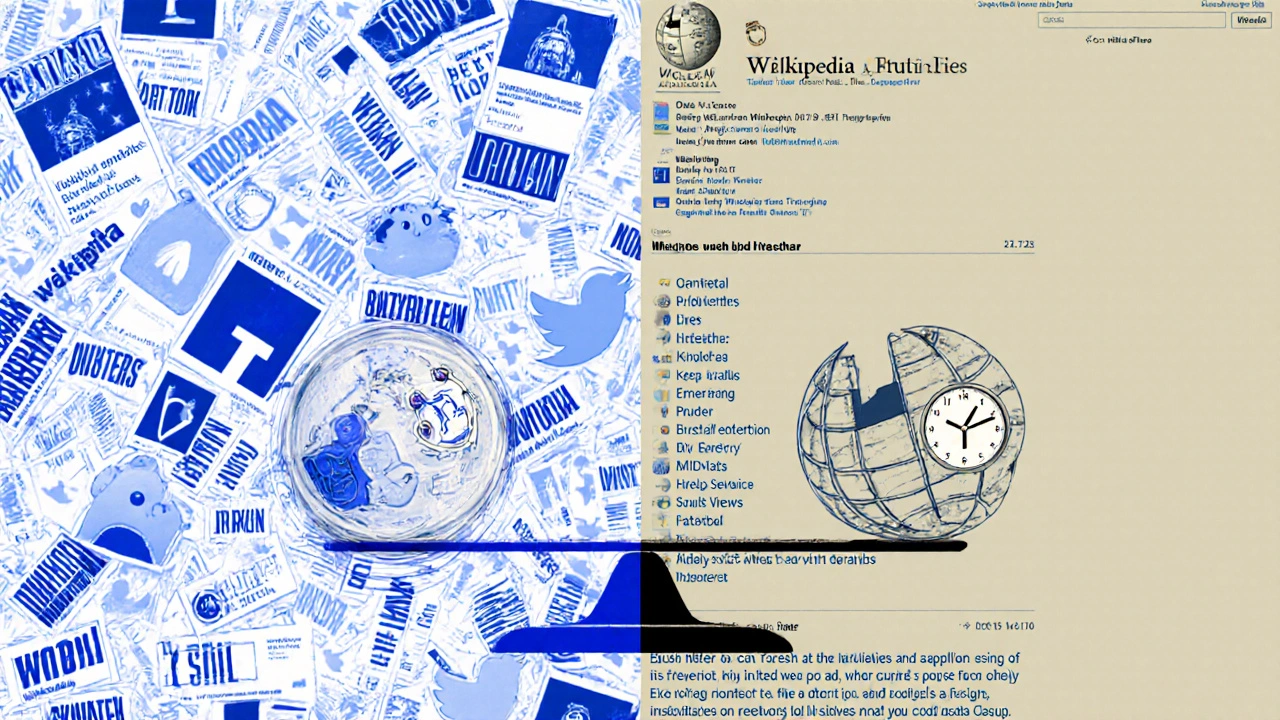
Not All Big Stories Make It - Here’s Why
Some major events are excluded for reasons that surprise people. For instance, celebrity deaths often don’t make the portal unless they meet certain thresholds. Michael Jackson’s death in 2009 was included because of global media saturation, cultural impact, and official statements from multiple governments. But when a lesser-known actor dies of an overdose, even if it’s widely reported, it usually doesn’t qualify.
Similarly, political scandals might be excluded if they’re still under investigation and no official findings have been published. A rumor about a politician’s misconduct won’t be listed unless a credible institution - like a court, ethics committee, or law enforcement agency - has confirmed it.
Even major corporate events need context. If Apple releases a new iPhone, that’s not a current event. But if Apple is fined $1 billion by the European Union for antitrust violations - and that fine is confirmed by multiple reliable sources - then it becomes relevant.
The Volunteer Editors Who Keep It Running
There’s no paid staff managing the Current Events portal. It’s maintained by about 100 active volunteers worldwide, most of whom are experienced Wikipedia editors. They check incoming reports every few hours, debate borderline cases on talk pages, and revert edits that don’t meet standards.
Each entry is reviewed before publication. One editor might flag a story for lacking sufficient sourcing. Another might argue the wording isn’t neutral. A third might point out the event has already been archived. Disagreements are common - and that’s by design. The system is built to prevent bias through collective scrutiny.
Some volunteers specialize in certain regions or topics. One editor might focus on African political developments; another tracks climate disasters. They use tools like the Recent Changes Patrol and custom bots to filter out low-quality submissions.
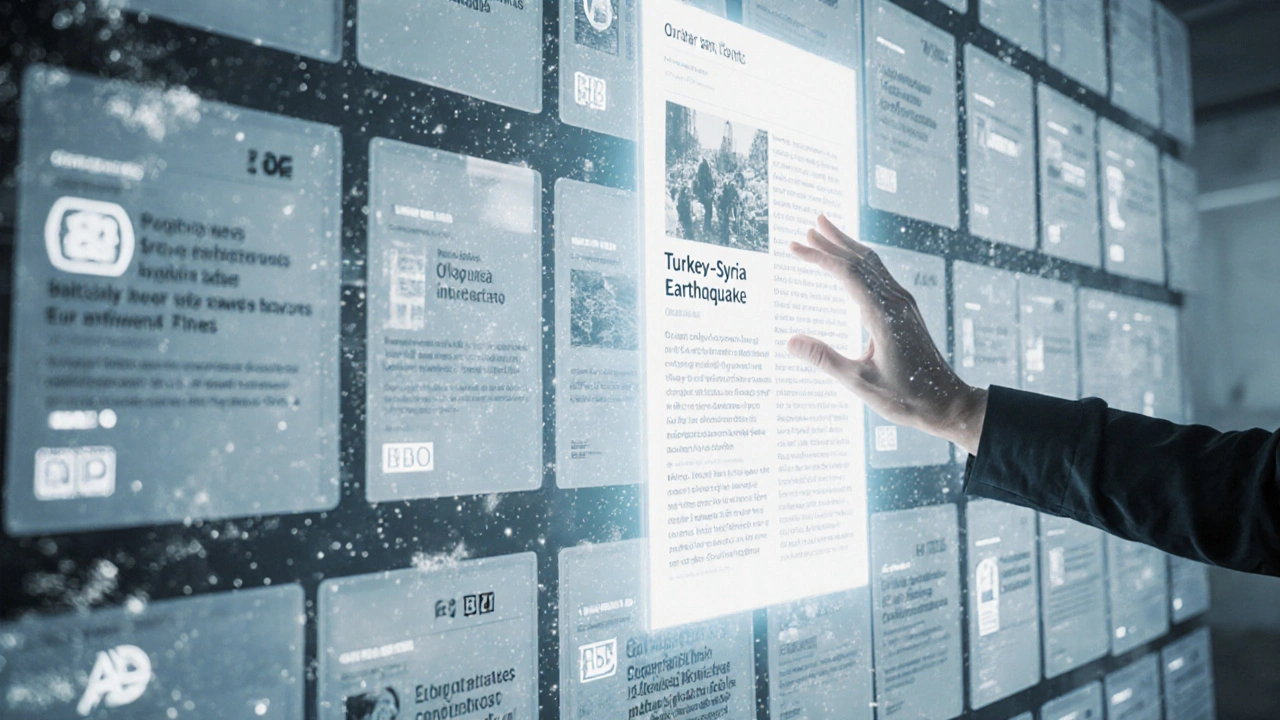
What Happens After a Story Is Added?
Once a current event is posted, it doesn’t sit there unchanged. Editors update it as new information comes in. If a death toll is revised, they update it. If a government issues a correction, they add it. If a court ruling changes the outcome, they rewrite the entry.
Every edit is tracked. You can click “View history” on any current event entry and see exactly how it evolved - from the first draft to the final version. This transparency is part of Wikipedia’s strength. Unlike news sites that edit articles silently, Wikipedia shows its work.
After 30 days, most entries are moved to the archive and linked to the main article about the event. For example, the 2024 Paris flood entry was moved to the 2024 Seine River floods article, where it’s now part of a larger historical record.
Why This System Works Better Than You Think
Many people assume Wikipedia is chaotic - a free-for-all where anyone can post anything. But the Current Events portal proves otherwise. It’s one of the most disciplined news aggregation systems online.
It doesn’t chase clicks. It doesn’t amplify outrage. It doesn’t prioritize drama over substance. It answers one simple question: Is this event significant, verified, and enduring?
That’s why researchers, journalists, and students often turn to the portal during crises. When the 2023 Turkey earthquake happened, the portal was updated faster than many news sites. It didn’t have videos or interviews - but it had accurate, sourced, neutral facts when everything else was still spinning.
It’s not perfect. Sometimes entries are delayed. Sometimes controversial events take longer to be accepted. But the system is designed to be slow - not because it’s broken, but because it’s careful.
How to Use the Portal Wisely
If you’re using the Current Events portal as a research tool, here’s how to get the most out of it:
- Check the sources linked at the bottom of each entry - they’re vetted and reliable.
- Don’t assume every trending topic is listed. If it’s not there, it likely doesn’t meet the criteria.
- Use the portal as a starting point, not the final word. Follow the citations to original reports.
- Compare it to mainstream news. If the portal and major outlets agree, you’re likely seeing the consensus version of events.
The portal won’t tell you why something happened or what it means. But it will tell you what happened - and who said so.
Why doesn’t Wikipedia cover every major news story?
Wikipedia’s Current Events portal only includes stories that meet strict criteria: they must be well-documented by multiple reliable sources, have lasting significance, and be verifiable. Many major events - like celebrity deaths or corporate product launches - are excluded unless they trigger broader societal, political, or economic consequences. The goal is not to list everything that happens, but to document what matters.
Can anyone edit the Current Events portal?
Yes, anyone can attempt to edit it, but changes are reviewed by experienced volunteer editors before being published. Most submissions are rejected if they lack reliable sourcing, are too recent to be verified, or violate neutrality policies. The system relies on peer review, not open posting.
How fast are events added to the portal?
Events are typically added within 24 to 72 hours after being reported by multiple reliable sources. Speed matters, but accuracy matters more. The portal prioritizes verification over being first. In major crises, updates can appear faster - but only after confirmation from independent outlets.
Is the Current Events portal biased toward Western news?
There’s a historical imbalance, but efforts are ongoing to improve global coverage. Editors from over 50 countries contribute, and there are active campaigns to increase reporting on events in Africa, Asia, and Latin America. Still, the portal depends on sources that are widely available in English - which can limit coverage of local events without international media attention.
What’s the difference between the Current Events portal and a news website?
News websites report what’s happening now, often with analysis, opinion, and urgency. The Current Events portal reports what’s confirmed, significant, and likely to be historically relevant. It doesn’t interpret. It doesn’t predict. It doesn’t chase trends. It records what’s been established by reliable sources - making it more like a historical archive than a live news feed.

